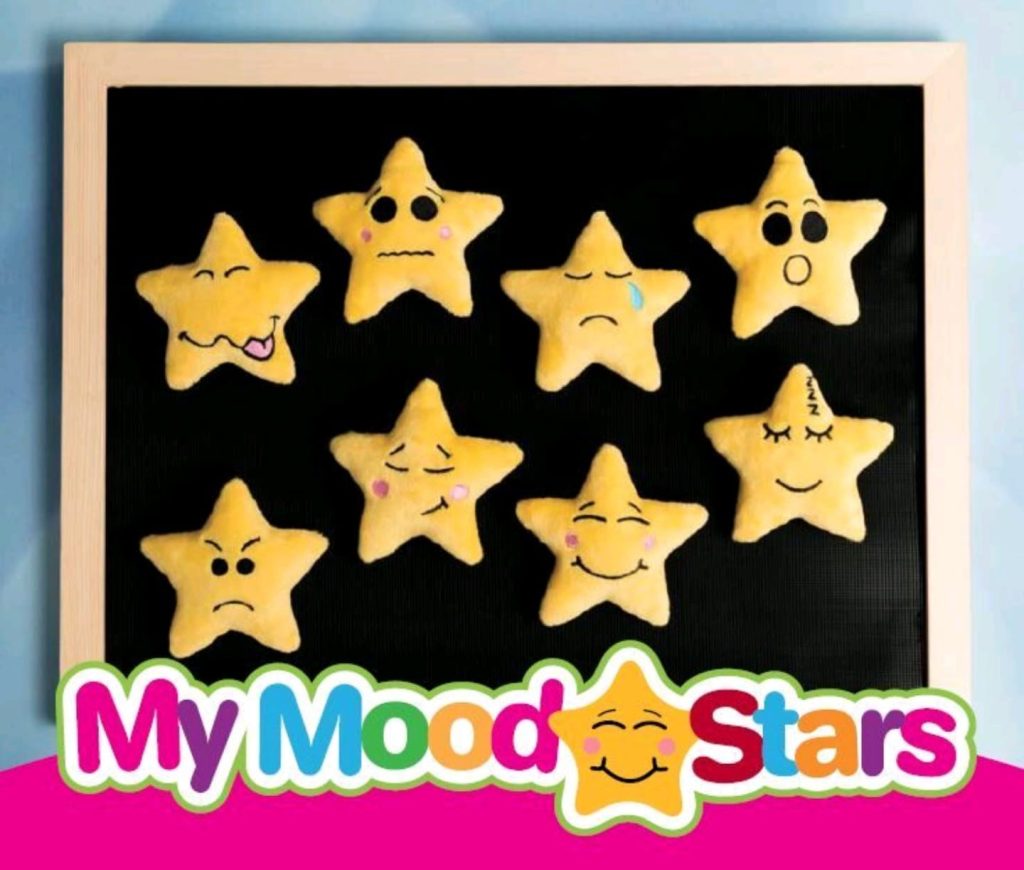Nannyjob is pleased to partner with BAPN, the No 1 Nanny Membership Association in the UK.
This article is provided by BAPN.
As the No 1 in the UK, we are proud of what we do and will continue to build on our reputation – that of delivering a high standard of services and benefits to our members. We will continue to work in partnership with highly respected companies within the childcare and early years sector, making sure that nannies are no longer the invisible professionals.
BAPN is a proud partner of Nannyjob. Learn more about BAPN at www.bapn.org.uk
The BAPN you see today isn’t a ‘New BAPN’, it’s more a grownup BAPN, changing with the times, developing to meet the needs of a more discerning, sophisticated nanny who quite rightly expects so much more than social get togethers or signposting to help, advice and support. They’re busier than ever before and they favour having everything in one place; to know where to go to for quick, reliable, trustworthy employment support, advice, discounted products and services they can afford.
BAPN hasn’t changed its remit, set up all those years ago, we’ve always offered high quality support and services. However, the most significant addition we have introduced, is our personal representation cover for when things go wrong.
Being a nanny can be thrilling and the most rewarding job you’ll ever get to do. However, caring for someone else’s children can leave you extremely vulnerable, you can feel isolated at times and unsure of your facts be it a childcare issue or regarding your employment rights. A Nanny might find themselves facing an accusation of some kind or with a battle on their hands to recover unpaid salary or wrongful deductions for example. Whether a Nanny needs a second opinion, some reassuring advice or requires support and personal representation, wherever they are in the UK, BAPN can now act on their behalf. We can now be there, in person, fighting their corner. Nannies tell us that it is this addition to the array of member benefits that has made them look again at BAPN and to join us.
It’s been an extremely busy 6 months and I’m delighted with what we’ve been able to achieve recently. We’ve more than quadrupled the discounted benefits available to members and we’re particularly proud that this includes much needed Health Care Benefits for nannies.
We’re also proud to be offering International Affiliate Membership to British nannies working abroad and we’re hopeful that this will enable us to further develop our overseas community, going some way towards tackling the isolation that often comes with working in a new country. International Affiliate Membership is also available to overseas nannies who are not from the UK but who want to keep up to date with nanny issues in the Uk, as well as make new friends. Everyone is welcome and we’re excited to see this membership flourish.
The signs that we are delivering what our members want from us are good. The feedback we’re getting is extremely encouraging. Obviously, as we move to add more support, more benefits, and to get out there, holding workshops around the country, we really do need nannies to join us. We’re a membership Association first and foremost and the only income we receive is from our membership subscriptions. We aim to keep our fees affordable while offering quality and that can only be achieved by member growth. So, if there are nannies reading this who haven’t taken a fresh look at BAPN we would urge them to do so. We’re confident they’ll like what they see www.bapn.org.uk
BAPN membership means your voice is heard and shows your support for the work we do to raise the profile of nannies, the outcome of which can only be beneficial and improve the employment of nannies.
Tricia Pritchard
Managing Director, BAPN









